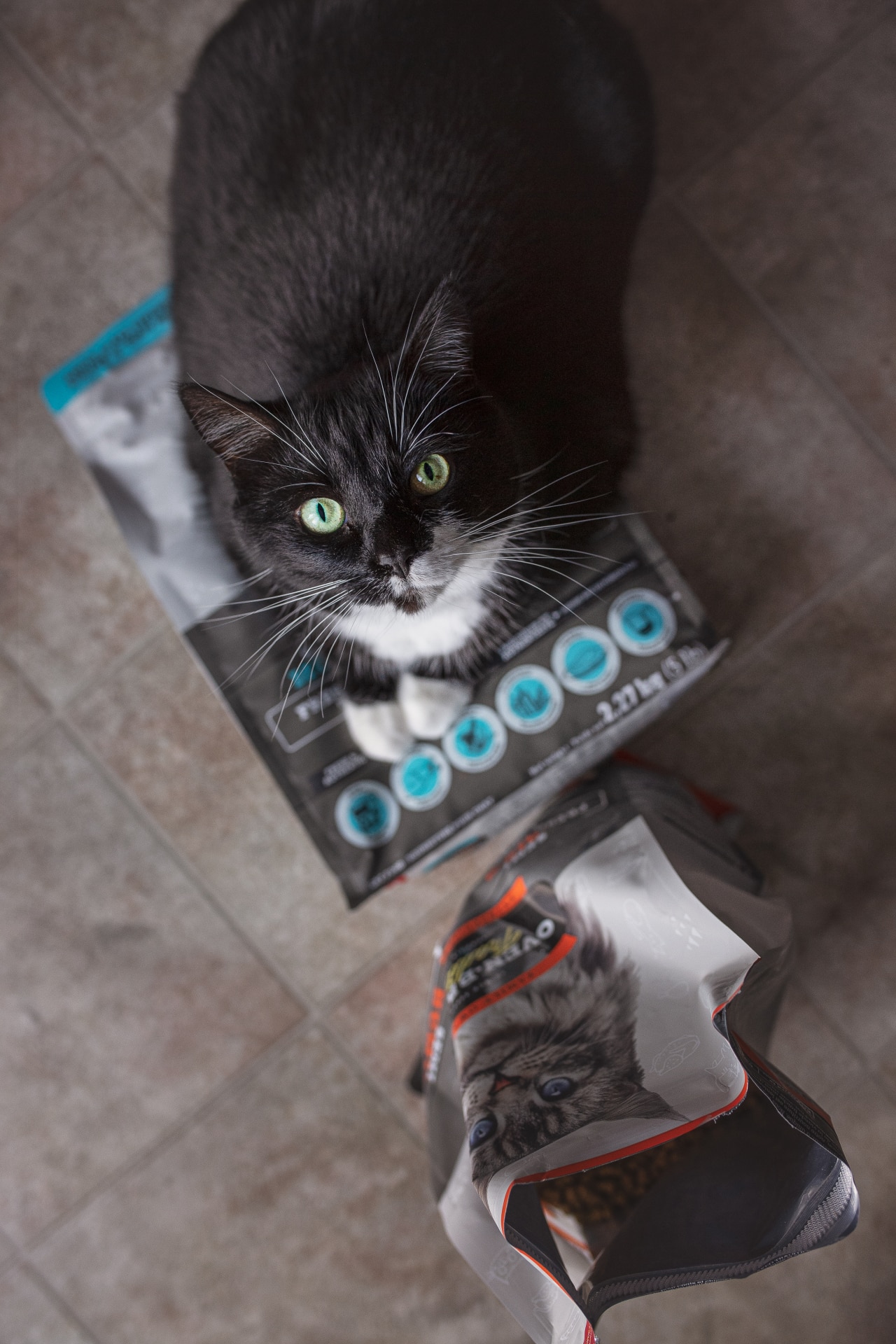This is the most common problem among cat owners. While a “Cat Alarm Clock” can be somewhat enjoyable on work days to some, almost everybody would agree that it is very unpleasant on weekends, when most of us like to indulge in one or two hours of extra sleep. Hence why this sometimes cute behaviour can really take a toll on a relationship between a cat and its owner.
First, why would your cat meow to wake you up?
The answer is simple: because it works. This is an acquired behaviour that you – probably without being aware – taught your cat: when I am hungry or want attention in the morning, I meow, and my owner gets up to feed me or give me attention. As with any acquired behaviour, the sooner you change the pattern, the better.
And how do we change a behaviour? By teaching a more appropriate behaviour instead, and the definition of “appropriate” is yours to define.
Grab a pen or a keyboard, and write down exactly what annoys you with your cat’s behaviour. The same problem could be annoying in different ways to different people: “I would like my cat not to disturb me when I sleep.”, “I would like my cat not to be as pushy with me”, etc.
Then, next to this problem, write down what you would like your cat to do instead. “To do” means it has to be an action and be descriptive enough. For instance, you could write “I would like my cat to stay quiet until I get up” or “I would like my cat to come cuddle instead of meowing when it wants attention in the morning”. You cannot tell your cat to stop doing something without telling it what you want it to do instead. You also cannot expect your cat to be able to know when it is OK to wake you up and when it isn’t, as cats do not read minds or calendars.
Now that you know what you would like your cat to do, you can teach it to your cat using positive reinforcement: the “bad” behaviour that you want to change gets no results, and any step toward the new behaviour is reinforced with tasty treats or attention.
EXAMPLE
Problem: My cat meows every morning to get me out of bed and won’t stop until I do.
What I would want instead: I wish my cat would stay quiet until I get out of bed.
Actions:
– Never get out of bed when your cat is meowing. Yes, it might take a very, very long time at first to get out of bed, and you will not be getting much more sleep on those first mornings, but you have to stick with it in order to teach your cat that meowing never, ever works.
– If your cat is very loud, add a punition: when your cat meows loudly, it looses the right to be in the bedroom (or on the bed) with you and must wait behind a closed door. When it is calmer, it can go back into the bedroom or on the bed.
– Reward every good action (in this case, silence) with attention (if it wants to be petted), food (if it wants to be fed) or movement (if it wants you out of your bed). Whenever it starts meowing, you stop whatever you were doing, and you go back to your bed. For very loud cats, a clicker is a great tool as it facilitates the timing between the behaviour and the reward. You can basically feed your cat while doing this exercise on the first mornings, right next to the bed: your cat is calm? Click and give it a kibble.
Try not to reward your cat when it meows during the day or at night. That way, you are teaching your cat that in general, meowing to get what it wants rarely works.
Be ready to have some painful mornings during one or two weeks. It is normal in the beginning that your cat meows even louder: it used to work according to your cat, didn’t it, so it will try harder, and harder, until it understands that it needs to use a different strategy (that you need to teach it, which is silence = what I want). It is important to be very consistent and never give up: if your cat is able to get you out of bed by meowing just one time, it will mean in its mind that it must stick with it and be even more convincing…which will make it even more annoying and will worsen your problem.
Mornings are busy and stressful times, which are hardly good conditions to work on a behaviour. You can work on the meowing problem at any time during the day, you can simulate “morning times” in your bed or you can choose to feed your cat on a different schedule, so that you have time to train it during the feeding process.
Here is a great article on this problem, and a video that shows how to reward silence with a talkative cat:
http://drsophiayin.com/blog/entry/dante-meows-too-much-how-i-stopped-the-incessant-meowing
And because it feels good to know we are not alone and every sleep-deprived person is in need of a good laugh:

